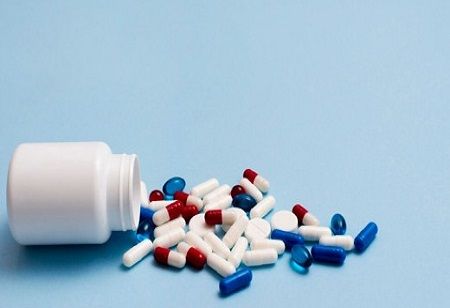India Pharma Outlook Team | Thursday, 16 October 2025

Eli Lilly and Company has reported positive topline results from its Phase 3 ACHIEVE-2 and ACHIEVE-5 clinical trials evaluating orforglipron in adults with type 2 diabetes.ACHIEVE-2, the second head-to-head study in the program, compared orforglipron to the SGLT-2 inhibitor dapagliflozin in patients whose diabetes was not adequately controlled with metformin alone.
Meanwhile, the ACHIEVE-5 trial tested orforglipron against placebo in adults with poorly controlled type 2 diabetes who were already receiving titrated insulin glargine, with or without metformin and/or SGLT-2 inhibitors.
In both studies, orforglipron, at doses of 3 mg, 12 mg, and 36 mg, achieved all primary and key secondary endpoints at the 40-week mark, based on both efficacy and treatment-regimen analyses.
Also Read: Supriya Lifescience Receives State Award for Export Leadership
The treatment led to meaningful reductions in A1C levels and body weight, along with improvements in various cardiovascular risk factors. These results are consistent with outcomes from earlier studies of orforglipron in type 2 diabetes.
"Orforglipron has now demonstrated superiority over two active comparators in clinical trials for type 2 diabetes," said Jeff Emmick, M.D., Ph.D., senior vice president of product development, Lilly Cardiometabolic Health. "In ACHIEVE-2, orforglipron outperformed dapagliflozin, a commonly used SGLT-2 therapy, and in ACHIEVE-3, showed greater efficacy than oral semaglutide.
The findings from ACHIEVE-5 add to this momentum, showing significant A1C reduction and weight loss when used in combination with titrated basal insulin.
Together, these results reinforce orforglipron's potential to become a new standard of care for people living with type 2 diabetes."
Across both studies, orforglipron demonstrated a safety and tolerability profile in line with earlier clinical trials, with similar rates of treatment discontinuation. The most frequently reported side effects were gastrointestinal in nature, typically mild to moderate in intensity. Importantly, no liver-related safety concerns were identified.